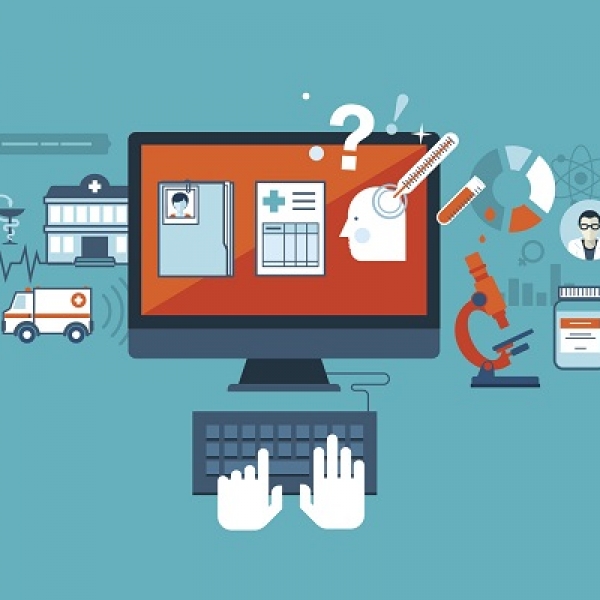Despite not physically going to their physician’s office, consumers still want quick access to their health data,
A Smart EHR system would alert patients about real-world health events that could negatively impact an individual’s health.
Clinical decision support tools play an increasingly critical role in a healthcare organization’s overarching strategy to comply with federal incentive programs and succeed within the quality and performance based reimbursement landscape currently unfolding. When effectively aligned with physician documentation practices at the point of care, these tools can have a powerful impact on error reduction, the standardization of evidence-based practices, quality of care and ultimately saving lives.
"big data" is actually one of the most popular mottoes of medical attention. Everybody speaks about using big data in healthcare. There is no doubt that a whole variety of health care options using Big Data Analytics are available.
It got in the door with electronic medical records, and has recently received a facelift under the term evidence-based medicine.
Physicians have faced a number of key technical challenges during the COVID-19 pandemic, including the inability to send and receive patient data, as well as issues related to electronic health record interface and failure to effectively extract EHR data. Interoperability and patient data exchange are critical for physicians, hospitals, health systems and payers alike to minimize the spread of the coronavirus, as is overcoming reliance upon data silos and ensuring that care gaps are quickly resolved with a single source of reliable information.







